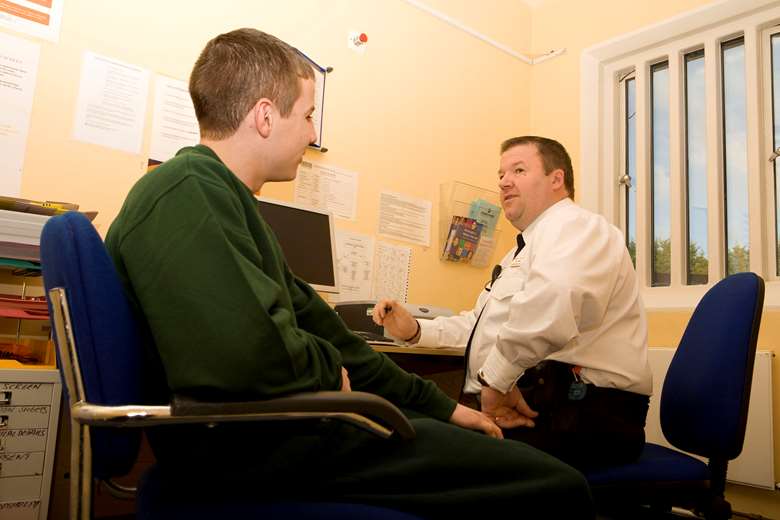Improve job opportunities to turn around young offenders
Howard Williamson
Tuesday, September 13, 2016
I have spent a lot of time in approved schools, remand homes, assessment centres, young offender institutions and prisons.

I've also hung around with young offenders, done youth work with them, researched aspects of their lives, and served on the Youth Justice Board (YJB). So, as I sometimes quip, I've witnessed the youth justice system from all sides - except inside.
The YJB's Prevention and Inclusion Sub-Committee, which I chaired, worked hard on the development of a range of prevention programmes. Sometimes these are given considerable credit for the dramatic fall in the numbers in youth custody. It would be satisfying to think that we put in place measures that slowed down the flow of young people into the criminal justice system, and shifted its custom and practice towards diversion, prevention and early intervention. However, there were many other factors that played their part in the changing profile of youth justice.
An article I had published in an academic journal 40 years ago was called "Choosing to be a Delinquent", although I had called it "The Rational Delinquent". The ideas in it were drawn from years of doing participant observation with young offenders. They had not seemed "sick" and in need of "treatment" to me. Rather, they seemed to have their heads screwed on well, thinking through and working out the various odds that influenced both the prevalence and nature of their offending behaviour - the likelihood of getting caught, the likelihood of going to court and the likelihood of ending up inside. At the time, the odds were stacked in their favour. Their usually quite petty crime, even if reported, was not a priority for police investigation but quite enough for them. They ended up in court rarely, certainly not often in relation to the frequency of their offending.
It was interesting then to read in CYP Now's special report on preventing youth offending about the mentoring and other interventions that are proclaimed to turn young people away from crime. Can we really be so sure? My learning was that desistance from crime is mainly achieved when the odds are balanced in a different way. That is not a case for more punishment, although there is a case for greater certainty of detection and a stronger guarantee of consequences. It is a case for improved opportunities on the legitimate side of the fence. Only then do the apparent attractions and rewards that accompany different forms of offending diminish in their appeal. So it comes as something of a surprise that interpersonal support, advocacy, guidance and intervention can produce long-term changes in young people's patterns of offending if their access to legitimate opportunities for excitement or resources remain limited.
This is, in fact, an ancient argument, first promulgated by American criminologists in the 1960s. Where opportunity structures are blocked, individuals try to find ways to circumvent them. Sometimes this is ineffectual, resulting in other responses, such as "retreat" into addictions and self-harm, or possibly "rebellion" of one kind or another. But the most common response is to find different pathways to realising dominant societal goals and aspirations. And that is precisely what I have witnessed throughout my life.
One young offender I worked with continued his deviant ways throughout his adult life always maintaining that he would love to "go straight"; he would then know, for sure, that he would be waking up in his own bed the following morning, not in a police or prison cell. But his prospective desistance was not unconditional; unless he could earn a certain amount a week, he would go on offending. And that is what he's done, because his desired earnings threshold was well beyond his reach given his background, experience, (lack of) qualifications and criminal record. Not that he made much more than that through his criminal lifestyle, but it was more.
There lies the rub. Offending lifestyles are sustained on the balance of probabilities, not beyond reasonable doubt. Young people involved in crime can never be sure that their calculation of the risks is accurate (otherwise they would never get caught), but for the most part it is accurate enough. Our own calculations of what helps or hinders those young people turning the corner are too often trapped on the blind side, failing to grasp sufficiently the different drivers behind disengaging from or engaging with offending behaviour - mentoring on one side, money on the other.
Howard Williamson is professor of European youth policy at the University of South Wales




